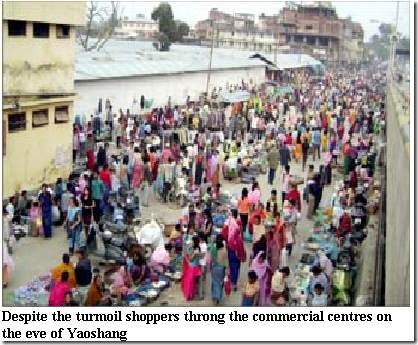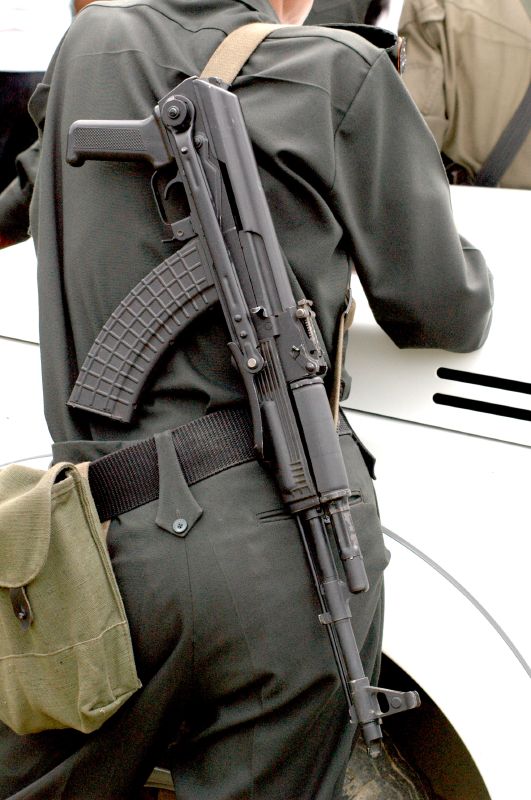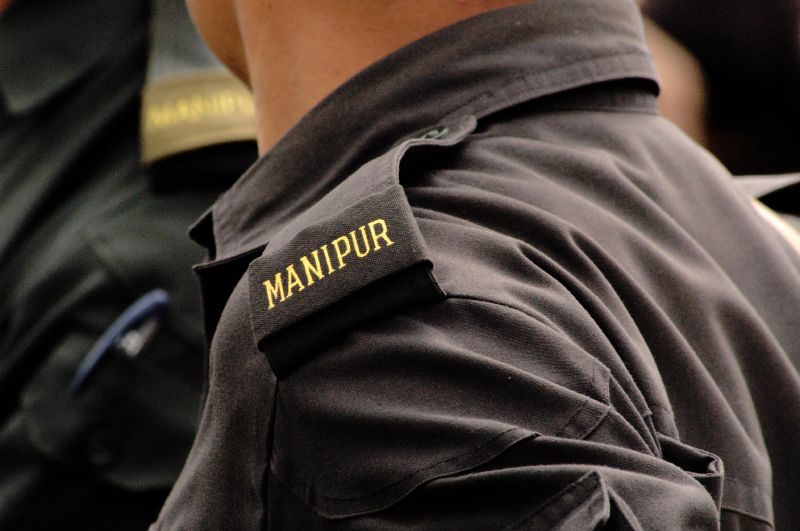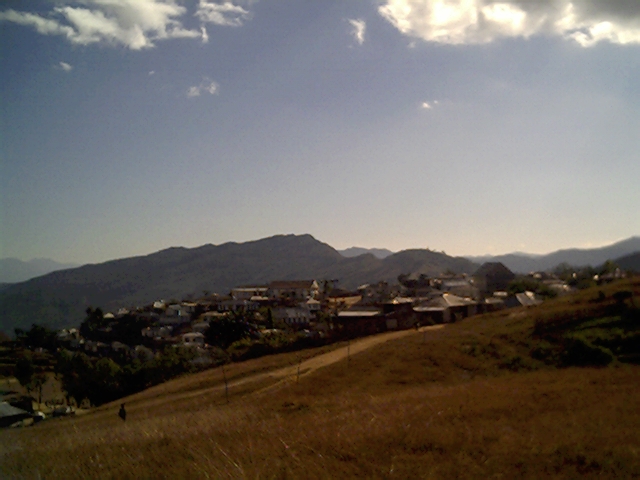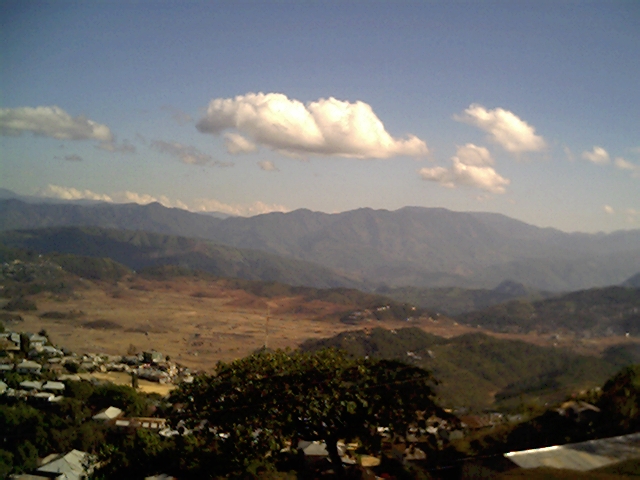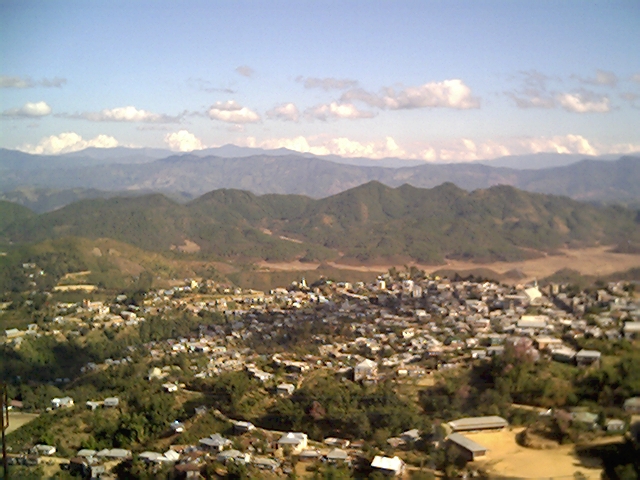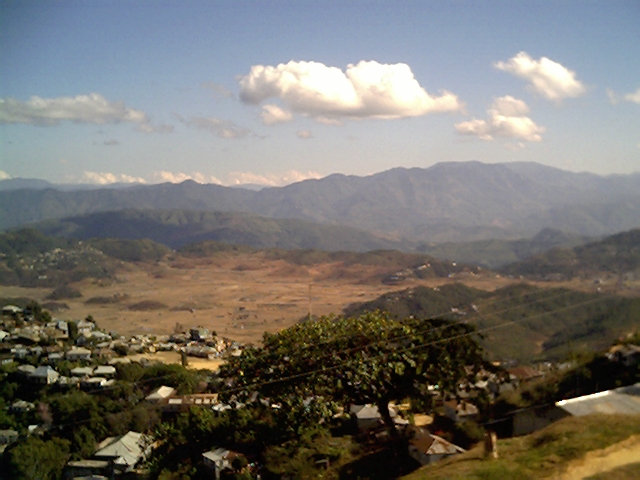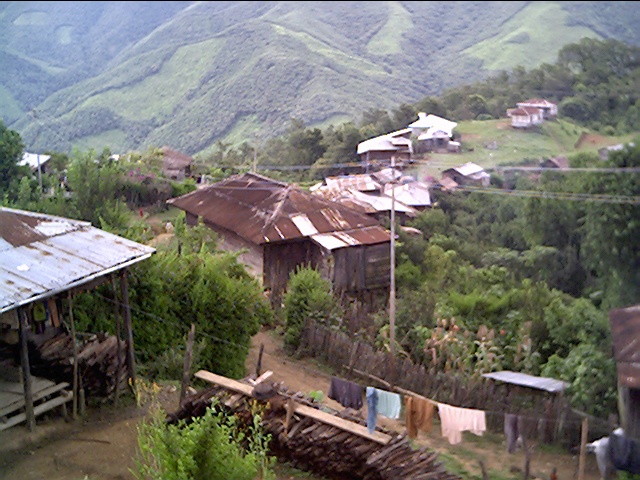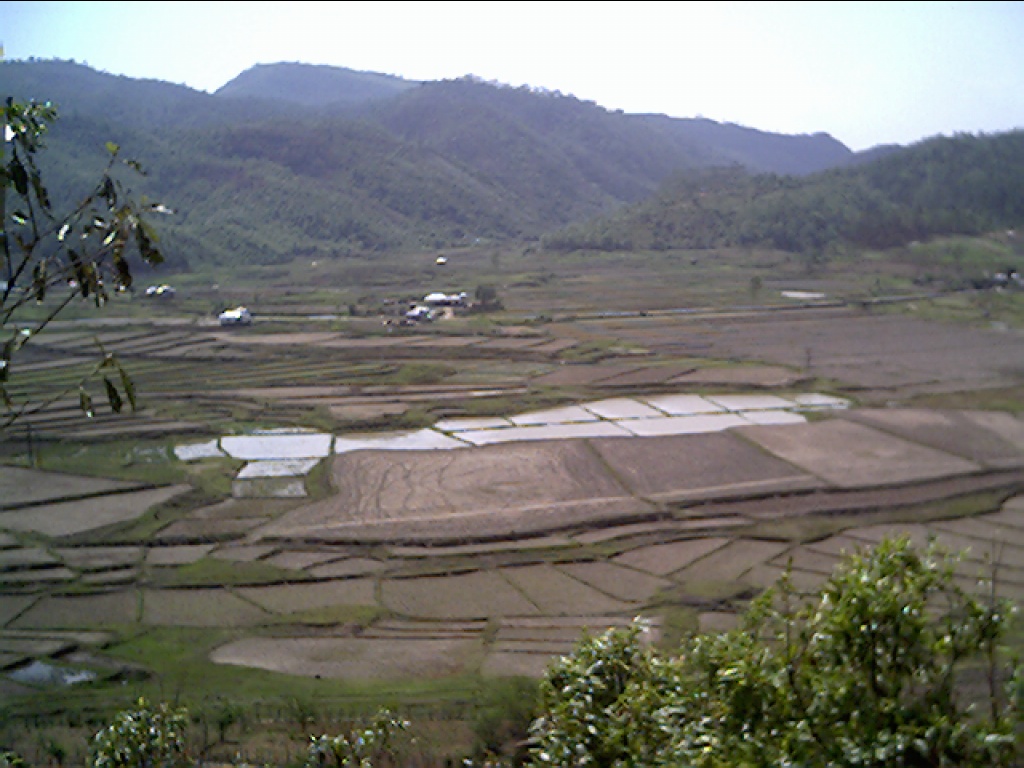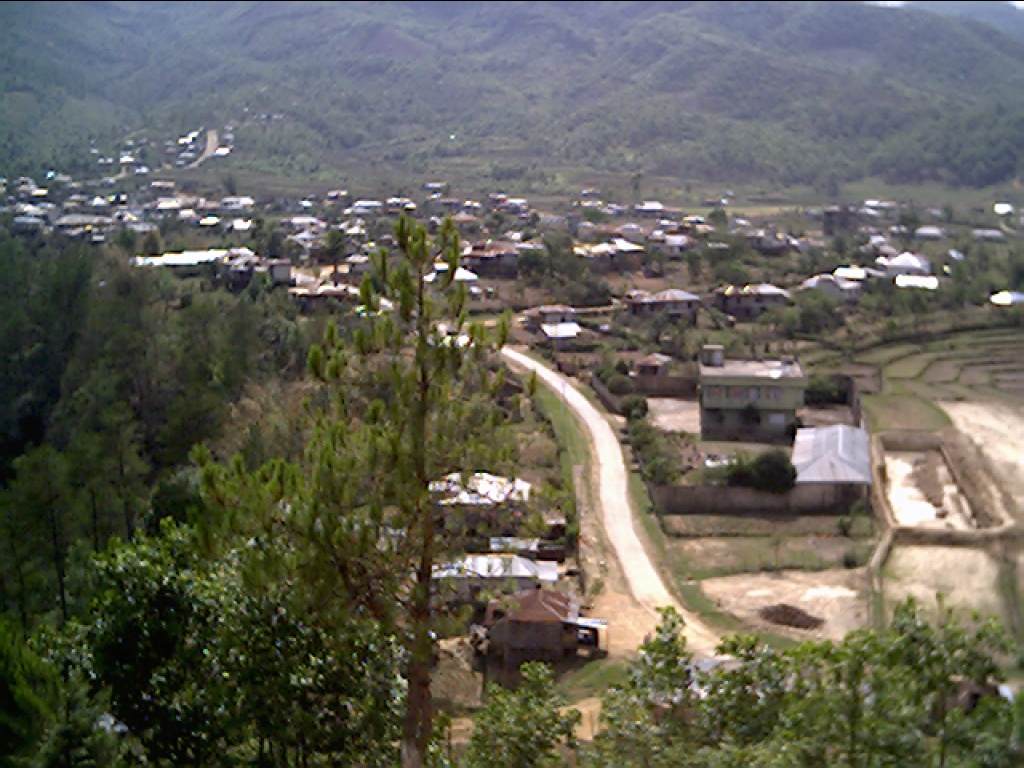People in Bhutan are voting in elections that will bring an end to more than a century of royal rule. Monday's vote for the 47-seat National Assembly completes the country's peaceful transition from an absolute monarchy to a constitutional monarchy.
Correspondents say there is huge interest in the election, although many people say they liked the old system.
The only two parties in the race have similar manifestos, promising less poverty and better infrastructure.
Both are led by former prime ministers. The People's Democratic Party (PDP) is headed by Sangay Ngedup, who is the brother of the former king's four wives - all sisters.
Jigmi Thinley, head of the Bhutan Harmony Party (DPT - Druk Phuensum Tshogpa), has no royal connections and has pitched his party as representing ordinary Bhutanese.
An election for the upper house of parliament was held in December.
Mass exodus
The BBC's Chris Morris in Thimphu says people have been queuing quietly in large numbers to vote.
The capital is half-deserted, with many returning to their villages, he says. One report in a local newspaper told of a woman who walked a distance of 600km (370 miles) over two weeks to get home.
Two Indian air force helicopters dropped election guidelines in mountainous regions and mules and horses carried voting equipment to ballot stations.
But despite the activity a lot of people are not keen on democracy, and say they quite liked how things were before, our correspondent adds.
The tiny Buddhist kingdom has been preparing for democracy since former monarch Jigme Singye Wangchuck decided to hand power to an elected government.
'Bit of corruption'
 The country is now headed by his 28-year-old son, King Jigme Khesar Namgyal Wangchuck, who will remain as head of state and is likely to retain some influence.
The country is now headed by his 28-year-old son, King Jigme Khesar Namgyal Wangchuck, who will remain as head of state and is likely to retain some influence.
"Everyone is very sad to see the king stand down," 42-year-old businessman Kinley Penjor told Reuters news agency.
"But I think democracy will be good. In the past if you went to a minister about your problems - well there is always a little bit of corruption, even in Bhutan, or it might be decided according to his mood.
"Now we can elect the best candidates."
The monarchy remains popular in Bhutan partly because of its focus on promoting what it calls "gross national happiness" - based on the idea that economic growth should be balanced by respect for traditions and the environment.
Bhutan is not without problems. About one-fifth of the country lives in poverty and youth unemployment has risen sharply in recent years.
Tens of thousands of ethnic Nepalis were forced to leave Bhutan in the early 1990s when the government imposed strict citizenship rules.
The refugees are now living in neighbouring Nepal and many of them are demanding the right to return.
 The country is now headed by his 28-year-old son, King Jigme Khesar Namgyal Wangchuck, who will remain as head of state and is likely to retain some influence.
The country is now headed by his 28-year-old son, King Jigme Khesar Namgyal Wangchuck, who will remain as head of state and is likely to retain some influence. 